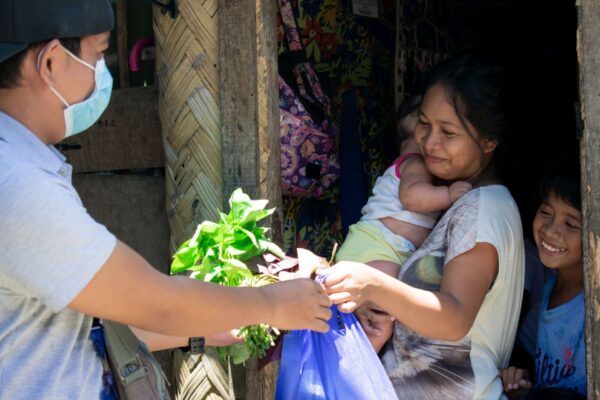Malnutrition amongst children is a serious problem in the Philippines. Of the 13.5 million children in Filipino public elementary schools, 2.3 million are severely underweight, overweight, or obese. Moreover, 1 in 3 children under the age of 5 is stunted in terms of their growth. Despite increased economic growth in the Philippines, malnutrition remains a significant issue across all socioeconomic levels, with rates of acute malnutrition in children under 5 exceeding the WHO’s target of 5% for all levels of household wealth.
IIRR has engaged in efforts to reduce levels of malnutrition in the Philippines in partnership with the Philippine Government. This has involved working collaboratively with the Philippines’ Department for Education (DepEd) and the Food and Nutrition Research Institute-Department of Science and technology to develop a model for enhancing the links of various nutrition programs in schools. This Integrated School Nutrition Model (ISNM) links school gardening, nutrition education, and supplementary feeding together in a project which works to deliver nutrition interventions to elementary school children. Dimensions of these nutritional interventions include establishing bio-intensive school gardens and engaging in ‘agro-biodiversity,’ which ensures that a diverse range of vegetables are planted for children’s feeding. Furthermore, underfed children in this model are fed using iron-fortified rice and indigenous vegetables from their agro-biodiverse school gardens. Students who partake in this school feeding project, as well as their parents and teachers, are educated on the importance of nutrition, which they can afterwards pass on to family members at home.





